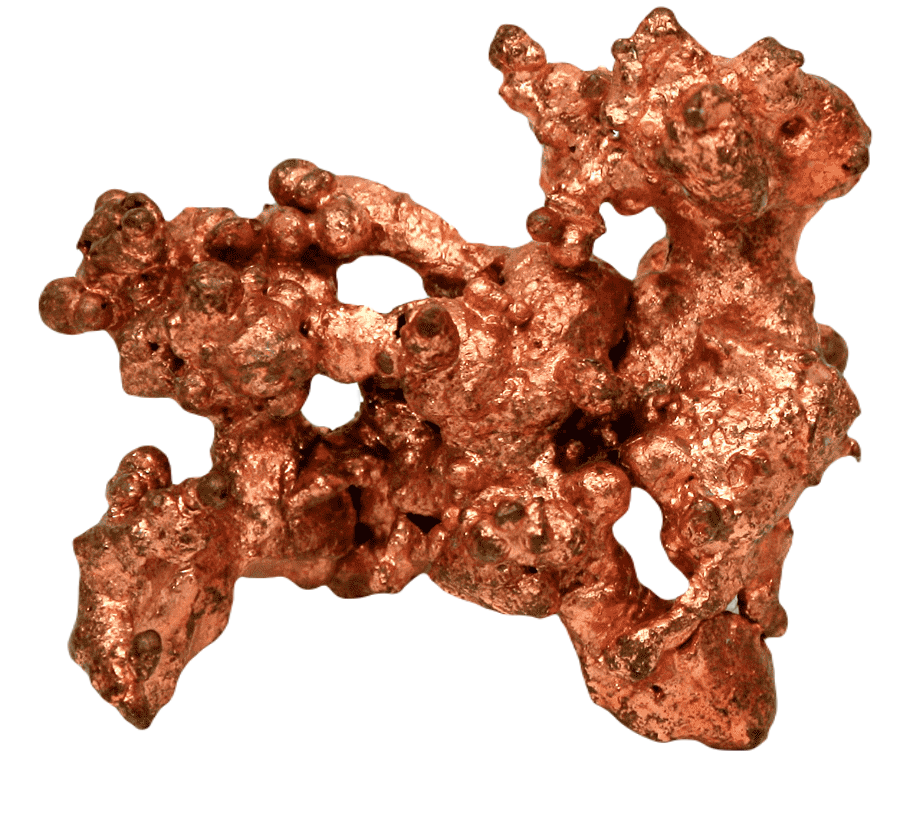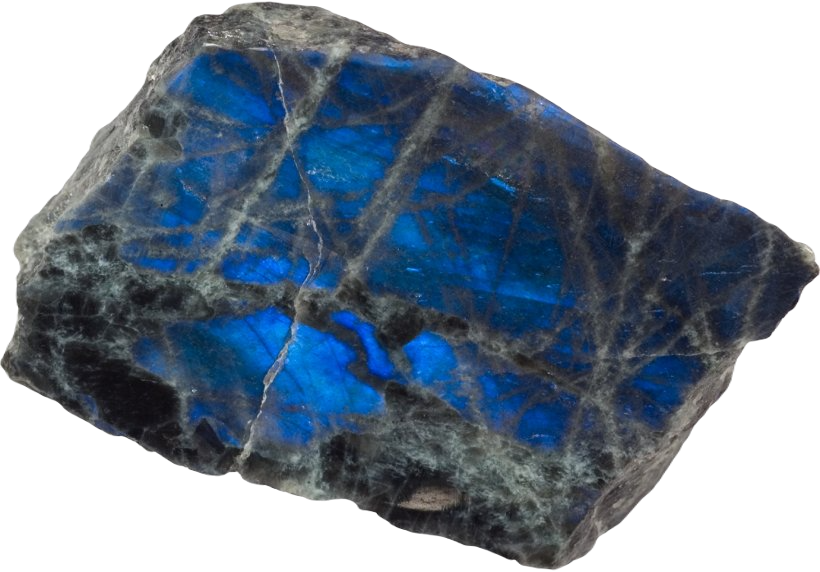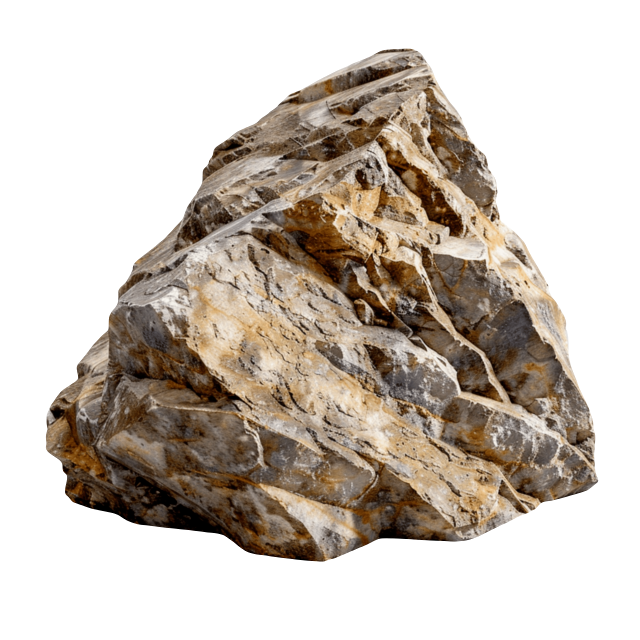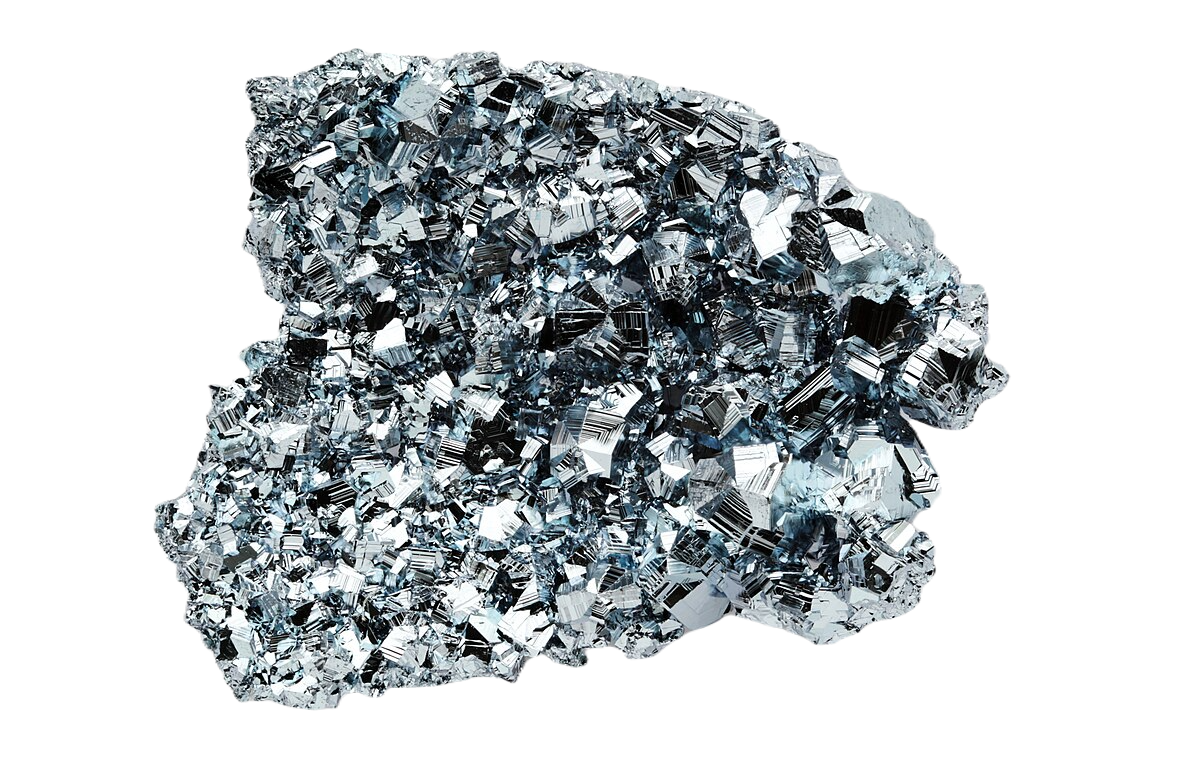Metals are solid, naturally occurring elements known for their strength, malleability, conductivity, and reflective properties. They’re used extensively in industries ranging from construction to electronics and are integral to many of the products and infrastructure around us.
Most metals have a solid state when they are at room temperature. Another way to recognize a metal is that they tend to be shiny. Metals also tend to be a good conductor of heat and electricity. But have low ionization energies and low electronegativities. Another important property that many metal elements share is that they are malleable. This means that metals are relatively easy to be broken up into sheets. Also, most metals can be made into wire. This is what we know as being ductile. With the exception of potassium, lithium, and sodium, most metals have a high density. One of the common and, perhaps, most noticeable properties that most metal elements share is that they corrode when exposed to seawater or air. Finally, most metal elements lose electrons during reactions.




